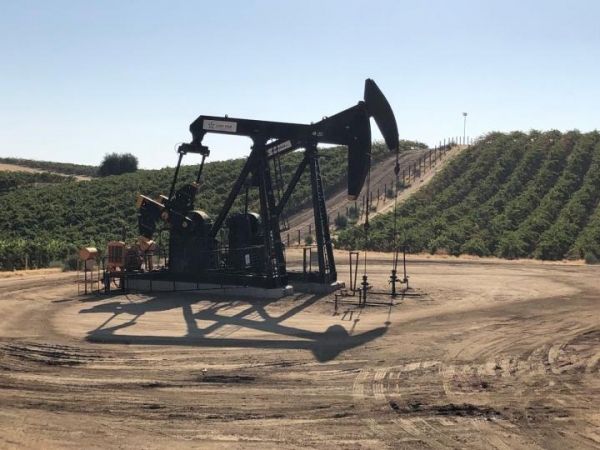A new study by researchers at Duke University and RTI International finds that reusing oilfield water that’s been mixed with surface water to irrigate farms in the Cawelo Water District of California’s Kern County does not pose major health risks, as some opponents of the practice have feared.
“We did not find any major water quality issues, nor metals and radioactivity accumulation in soil and crops, that might cause health concerns,” said Avner Vengosh, professor of water quality and geochemistry at Duke’s Nicholas School of the Environment, whose lab led the new study.
Faced with increasing droughts and water shortages, some farmers in the Cawelo district have used diluted oilfield produced water (OPW) for irrigation for their fields for more than 25 years, as permitted under California Water Board policy.
While the oilfield-mixed water contains slightly elevated levels of salts and boron relative to the local groundwater, those levels are still below the standards set by the state for safe drinking water and irrigation in the Cawelo district, Vengosh said.
Read more at Duke University
Image: Many farm fields in the Cawelo Water District of California have been irrigated with reused oilfield water mixed with surface water for 25 years. A new Duke-led study finds the practice poses no major health risks. (Credit: Avner Vengosh, Duke University)


